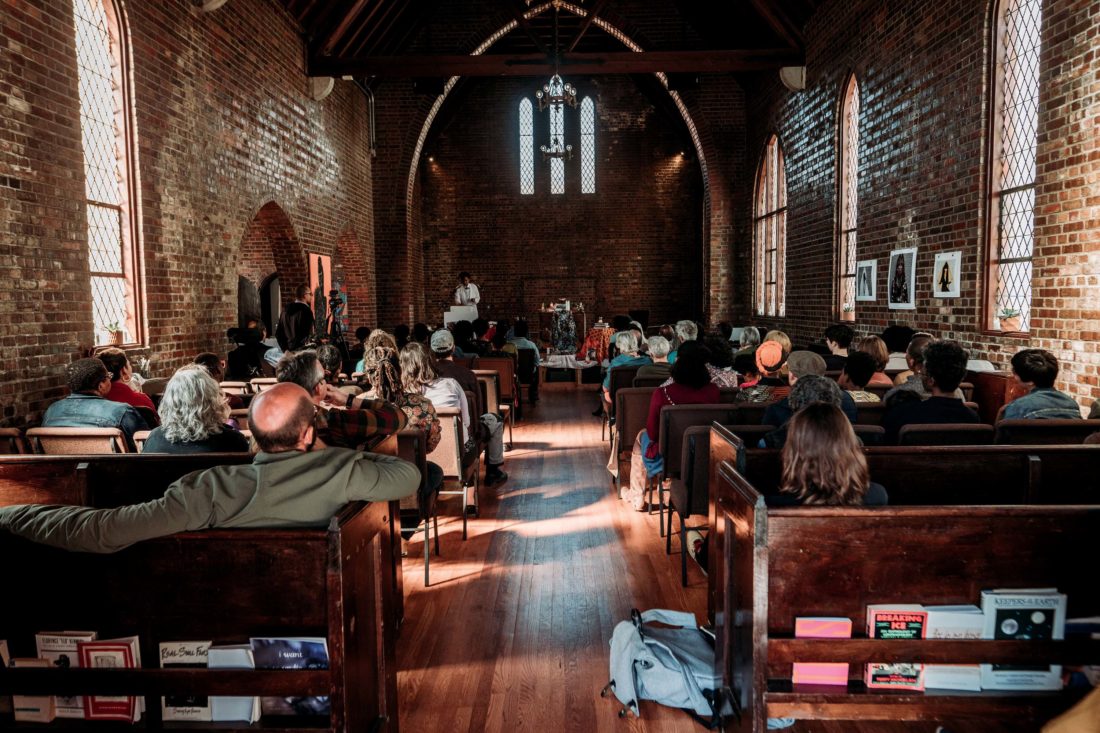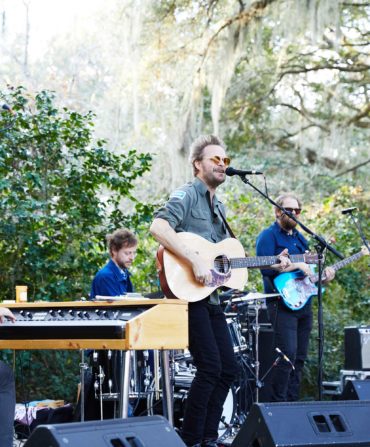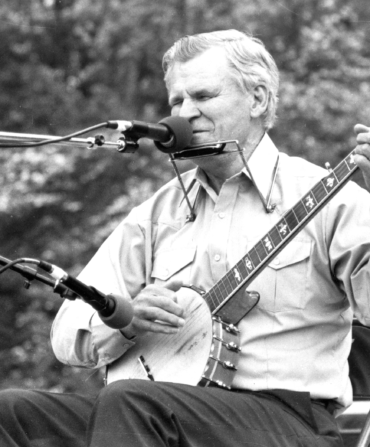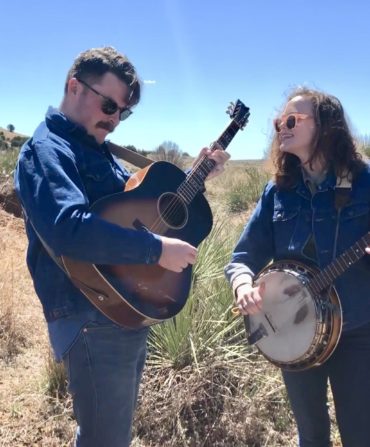“There’s a New World Coming” is a song the great Georgia-born singer Bernice Johnson Reagon recorded in 1975. In the early 1960s, Reagon was a founding member of the Student Nonviolent Coordinating Committee’s Freedom Singers, and in 1973 she started Sweet Honey in the Rock, a celebrated Black female a cappella group. But in “There’s a New World Coming,” which appears on her album Give Your Hands to Struggle, Reagon sings alone: “There’s a new day coming! / Everything’s gon’ be turning over / Everything’s gon’ be turning over / Where you gon’ be standing when it comes?”
The year she recorded the song, Reagon received her PhD in American history from Howard University, and she was already an accomplished civil rights advocate, a folklorist for the Smithsonian, and a mother, but she sounds deceptively young. When I first heard it, I would have guessed her to be no more than fourteen. Having listened to the song hundreds of times now, I consider it a master class on tone and phrasing and sheer intention as a singer, and it occurs to me that the message is what first fooled me. The way that Reagon sings about looking forward to a better universe for herself, her kids, her family, and people she’ll never meet is straightforward, steadfast, and hopeful in ways that make it feel like the voice of someone younger. There’s none of the hemming and hawing and hedging of an adult who has had her heart broken too many times to speak without equivocation.
It’s fitting that Reagon’s refrain of hope—stenciled on a sign facing the intersection of West Geer and North Streets in downtown Durham, North Carolina—announces the NorthStar Church of the Arts. In 2017, the Grammy-nominated jazz singer Nnenna Freelon and her husband, the celebrated architect Phil Freelon, who died in 2019, purchased and then renovated the 1930s Gothic Revival building, and NorthStar now stands as something of a crossroads of race, class, and identity—often a blending of all three. “The Freelons noticed the trend of shuttering art spaces throughout the city and wanted to claim space for those most often displaced,” explains my friend Heather Cook, NorthStar’s executive director. The events here include concerts, film screenings, fundraisers, church services, art exhibits, and, on brisk days, sometimes a good old-fashioned bonfire on the lawn.
To me, the beauty of NorthStar is how it mixes all kinds of people in a way that feels true to the kaleidoscopic experiences that make up Durham, and the South. I’ve performed there with my friend Alice Gerrard, a white singer of old-time music and traditional ballads in her late eighties, and I’ve watched songwriters such as Kamara Thomas and Rissi Palmer, both African American, sing country songs in a way that powerfully, and joyfully, recognizes how important Black voices are to what we consider country music. Kym Register, the owner of the Pinhook—the best queer bar in Durham and a venue where many of us have played, or seen, some transcendent shows—is often involved with events at NorthStar either as a singer or an organizer. Artists Alexis Pauline Gumbs and Sangodare host Sunday services informed by a Black feminist theology.
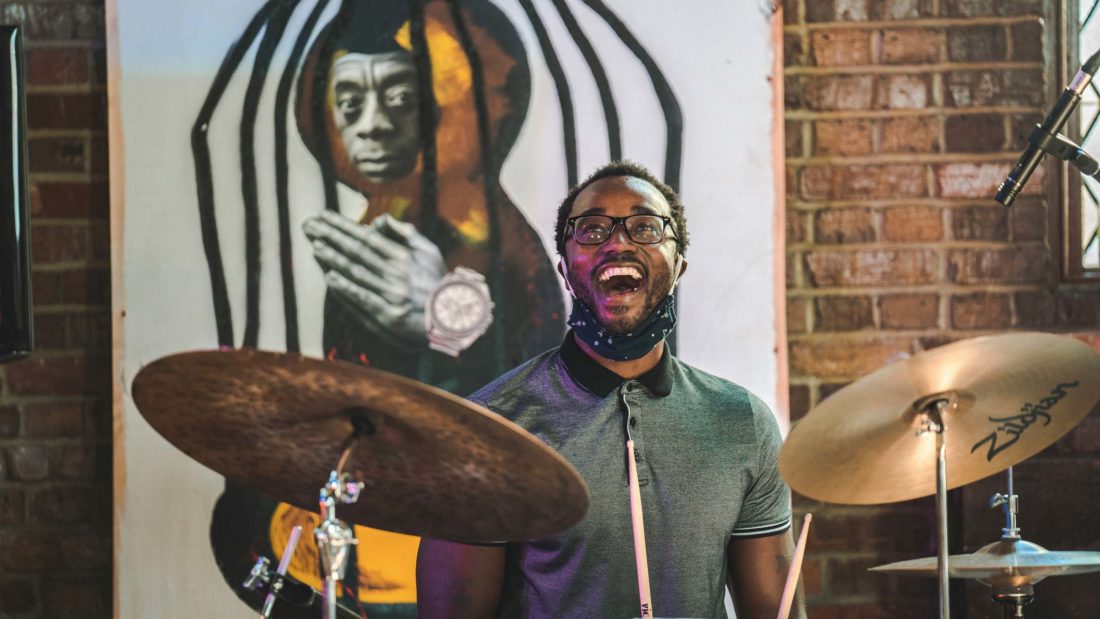
Most of the photographs from the press campaign for my last album, Terms of Surrender, were shot at NorthStar. The space is wide open and inviting, built with brick and exposed beams. Gentle light filters through the tall, leaded-glass windows. At the far end of the church, opposite the entrance, is a deep wooden stage, and worn pews line the main hall. Adjacent to this larger space sits a small kitchen and backstage area just big enough to simmer a pot of collards and hug the neck of a friend you haven’t seen in a while. One big reason it doesn’t collapse under all the topical weight of the issues it wrestles with is how good the place feels. I’m glad to take my kids there. It’s a hangout and a clubhouse. When you go to NorthStar, you pass under a stone lintel engraved with the words The Way of Peace, and you feel right.
Anytime I’m not on the road, and especially during all the time at home over the past year, I often ride my bike on the Ellerbee Creek Trail toward downtown, a distance of two miles and change. I like to listen to “There’s a New World Coming” as I wind through the backyards and bottoms of a few different neighborhoods, places where I can catch glimpses of the Durham that’s borne witness to the Black working class that has been such an important part of this city’s cultural history. The trail ends not far from NorthStar, and if you head farther east on Geer Street, along a strip of Latino supermarkets and taquerias, you find yourself in areas less affected by, but now firmly in the sights of, gentrification. NorthStar, in its way, stands as a spiritual bulwark against the displacement of the cultures that make Durham such a fascinating and important place.
There’s a lot of talk nowadays about getting back to normal, and I get it. But I hope the normal that we get back to feels the way the front yard of NorthStar feels on a brisk Sunday afternoon: a gathering of people who look different and act differently from one another, singing and eating and tending the bonfire together, with their kids chasing one another around the sign that sings out, “There’s a new day coming / Everything’s gon’ be turning over / Everything’s gon’ be turning over / Where you gon’ be standing when it comes?”


